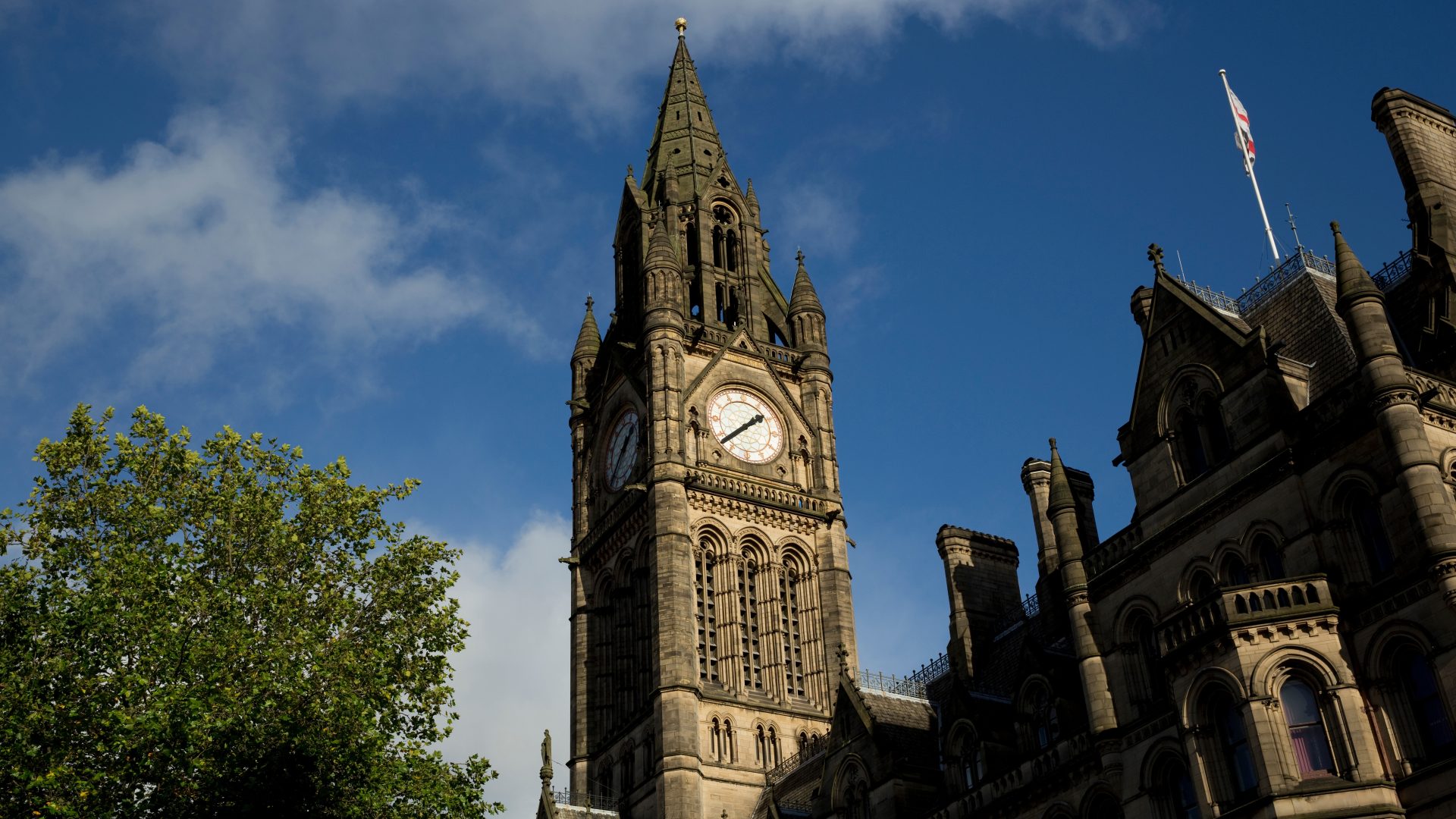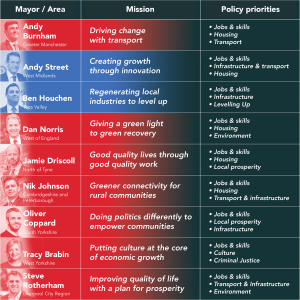
Metro mayors are a good first step towards a devolution revolution – the next is giving power to communities
English devolution is undeniably back on the political agenda.
The government has previously presented its flagship Levelling Up agenda as a blueprint for a ‘devolution revolution’, with ‘metro mayors’ – elected leaders of combined authority areas – at its heart.
The publication of Labour’s ‘Commission on the UK’s future’ – led by Gordon Brown – signals a cross party recognition that people want to see power shift away from Westminster. Devolution deals continue to be made and mayors’ powers are continuing to develop.
Devolving power to local government is a promising and welcome first step, but how significant an impact can it have, without the engagement of communities? This was the question raised by our most recent report, ‘Teed up for success?’.
This report sought to carry out a levelling up progress check in the Tees Valley, where the metro mayor Ben Houchen has put levelling up front and centre of his policy agenda. We found that levelling up was still a work in progress, and more communication and engagement with local people is needed to make it a success.
Metro mayors are at the forefront of the current approach to devolution
The current approach – and that proposed so far by Labour – is one that devolves power to combined and local authorities, many of which are led by metro mayors. There are already nine metro mayors leading combined authority areas across the country, with other regions in the process of agreeing their own devolution deals.
Each has taken their own approach to improving the prospects of the region they lead. In Greater Manchester, Andy Burnham has focused on integrating public transport. West Yorkshire’s Tracy Brabin wants to use culture to drive economic growth while Andy Street has made innovation central to his plans. Other mayors across the country have also developed plans for green transport, housing and inclusive growth.
Here we set out the key features of each of the mayoralities – namely the policy areas they are focussing on.

The levelling up metro mayor: a case study
Ben Houchen is arguably the only levelling up metro mayor. It was his flagship policy when he campaigned for re-election in 2021 and his subsequent policy platform has prioritised drawing in levelling up funding to the Tees Valley to drive industrial development and create jobs. It makes for an interesting case study – exactly what happens when a mayor is aligned not only with the politics of the current government, but also with their flagship policy?
We wanted to see whether Tees Valley is the poster child of the levelling up, despite a tumultuous few years for politics and the agenda itself. Beyond the Tees Valley, we wanted to understand what lessons can be drawn from his approach and what the future of the levelling up agenda could look like in a future where more power is in the hands of regional mayors to deliver it. Are mayors, as a recent report from Onward suggests, central to the levelling up effort?
Levelling up in the Tees Valley is a work in progress
We heard mixed reviews for the levelling up metro mayor in Tees Valley. Many people told us they were proud of the area’s industrial heritage and were positive about the prospect of more jobs and industry-leading status returning to the region. While some people thought they could already see the impact of Houchen’s policies, many were yet to see the kinds of changes they thought the area needed to prosper.
Lessons from the Tees Valley
While having a mayor – and greater devolution more broadly – has allowed areas like the Tees Valley to develop targeted levelling up policies, it is not enough to devolve responsibilities. To truly level up places like the Tees Valley, power needs to be devolved not only to local government, but to local people. Developing the policymaking process to allow people to have more of a say in decision making is crucial for levelling up success – and was a popular idea among those we spoke to.
What next for levelling up?
New research published this week shows that the UK remains starkly unequal. with stark differences across the country in health, pay and economic performance. The ambition to ‘level up’ by evening things out across the country was one that resonated with people at the 2019 election, but is yet to deliver on that promise.
A rethink is needed – one that puts the public at the heart of policymaking. There are lessons both for the current government and the opposition as we approach the next general election. Our research has shown that it is not enough to put power into the hands of local authorities – more thought needs to be given to how that power can be shared with the public. Alongside more fiscal devolution and adequate funding, this will enable metro mayors and other local leaders to deliver a version of levelling up that reflects the needs of the people they lead.
